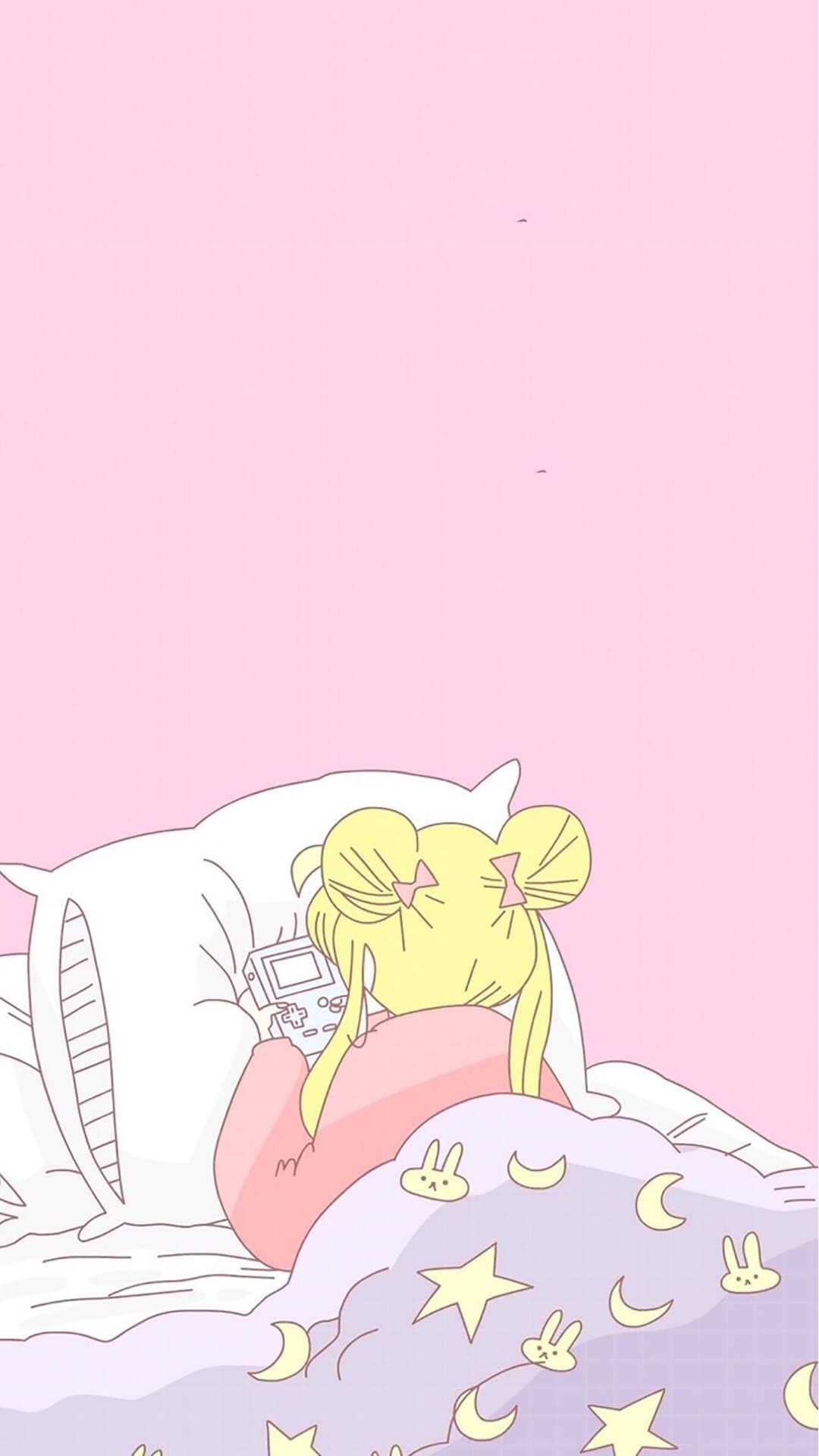扫一扫用手机观看
更新:HD中字/2024-07-28 10:24:24
简介: Somewhere in the remote region, the wa...详情
Somewhere in the remote region, the war ends. In the midst of ruined cities and houses in the streets, in rural hamlets, everywhere where people still live, are children who have lost their homes and parents. Abandoned, hungry, and in rags, defenseless and humiliated, they wander through the world. Hunger drives them. Little streams of orphans merge into a river which rushes forward and submerges everything in its path. The children do not know any feeling; they know only the world of their enemies. They fight, steal, struggle for a mouthful of food, and violence is merely a means to get it. A gang led by Cahoun finds a refuge in an abandoned castle and encounters an old composer who has voluntarily retired into solitude from a world of hatred, treason, and crime. How can they find a common ground, how can they become mutual friends? The castle becomes their hiding place but possibly it will also be their first home which they may organize and must defend. But even for this, the price will be very high.
To this simple story, the journalist, writer, poet, scriptwriter, movie director, and film theoretician Béla Balázs applied many years of experience. He and the director Géza Radványi created a work which opened a new postwar chapter in Hungarian film. Surprisingly, this film has not lost any of its impact over the years, especially on a profound philosophical level. That is to say, it is not merely a movie about war; it is not important in what location and in what period of time it takes place. It is a story outside of time about the joyless fate of children who pay dearly for the cruel war games of adults.
At the time it was premiered, the movie was enthusiastically received by the critics. The main roles were taken by streetwise boys of a children's group who created their roles improvisationally in close contact with a few professional actors, and in the children's acting their own fresh experience of war's turmoil appears to be reflected. At the same time, their performance fits admirably into the mosaic of a very complex movie language. Balázs's influence revealed itself, above all, in the introductory sequences: an air raid on an amusement park, seen in a montage of dramatic situations evoking the last spasms of war, where, undoubtedly, we discern the influence of classical Soviet cinematography. Shooting, the boy's escape, the locomotive's wheels, the shadows of soldiers with submachine guns, the sound of a whistle—the images are linked together in abrupt sequences in which varying shots and expressive sharp sounds are emphasized. A perfectly planned screenplay avoided all elements of sentimentality, time-worn stereotypes of wronged children, romanticism and cheap simplification. The authors succeeded in bridging the perilous dramatic abyss of the metamorphosis of a children's community. Their telling of the story (the scene of pillaging, the assault on the castle, etc) independently introduced some neorealist elements which, at that time, were being propagated in Italy by De Sica, Rossellini, and other film artists. The rebukes of contemporary critics, who called attention to "formalism for its own sake" have been forgotten. The masterly art of cameraman Barnabás Hegyi gives vitality to the poetic images. His angle shots of the children, his composition of scenes in the castle interior, are a living document of the times, and underline the atmosphere and the characters of the protagonists. The success of the picture was also enhanced by the musical art of composer Dénes Buday who, in tense situations, inserted the theme of the Marseilaise into the movie's structure, as a motive of community unification, as an expression of friendship and the possibility of understanding.
Valahol Europaban is the first significant postwar Hungarian film. It originated in a relaxed atmosphere, replete with joy and euphoria, and it includes these elements in order to demonstrate the strength of humanism, tolerance, and friendship. It represents a general condemnation of war anywhere in the world, in any form.
主演:杨坤,夏梓桐,余皑磊,刘显达
主演:宋康昊,李善均,赵汝贞,崔宇植,朴素丹
主演:木村拓哉,长泽雅美,滨田岳,前田敦子,笹野高史,高岛政宏,菜菜绪,宇梶刚士,桥本爱实,田口浩正,胜地凉,生濑胜久,松隆子,小日向文世,梶原善,泉泽祐希,筱井英介,渡部笃郎,石川恋,东根作寿英,鹤见辰吾,石桥凌
主演:马特·史密斯,汉娜·穆雷,苏琪·沃特豪斯,安娜贝丝·吉什,梅里特·韦弗,切斯·克劳福,索茜·贝肯,格瑞思·范·迪恩,凯莉·卡特,布里德基·萨蒂纳,茵迪亚·恩能加,吉米·希尔兹,玛丽安妮·芮登,林赛·法瑞斯,马特·雷迪,卡梅伦·格尔曼,杰姬·乔伊纳,布瑞安·西尔多,亚伦·莱迪克,迪伦·兰恩,Christopher Gerse,达里恩·希利斯-埃文斯,Blaine Gray,安东尼·特拉伊纳,Jeremy Lawson,Christopher Frontiero,Joe Luckay,Dan Olivo
主演:丹尼斯·奎德,凯瑟琳·普雷斯科特,刘宪华,玛格·海根柏格,贝蒂·吉尔平,乔什·加德,艾比·莱德·弗特森,杰克·曼利,达妮埃拉·巴博萨,伊恩·陈,杰夫·罗普,吉姆·科比
主演:阿克谢·库玛尔,帕丽莱蒂·曹帕拉,苏文德·维奇,万什·巴德韦杰,苏密特·巴士兰,阿吉特·辛格,维维克·塞尼,马克·班宁顿
主演:宋清晨,柳善,张赫镇,吴闵硕,郑海钧,韩秀妍,郑熙泰,申贤德,尹颂雅,张英,俊贤淑
主演:罗伯特·帕丁森,娜奥米·阿基,史蒂文·元,托妮·科莱特,马克·鲁法洛,帕齐·费伦,卡梅隆·布莱顿,丹尼尔·亨绍尔,斯蒂夫·朴,安娜玛丽亚·沃特鲁梅,荷丽黛·格兰杰,布朗温·詹姆斯,安格斯·里,托马斯·图尔格斯,爱德华·戴维斯,蒂姆·凯,安娜·穆格拉利斯
主演:朱丽·沃特斯,杰西·巴克利,苏菲·奥康内多,杰米·西弗斯
主演:崔维斯·费米尔,莉莉·拉贝,威廉·菲克纳,瑞切尔·泰勒,福里斯特·惠特克,杰克·威利,瑞斯·考罗,路易斯·隆巴迪,约翰·芬,里克·赖茨
主演:卡西·阿弗莱克,伊丽莎白·莫斯,安娜·尼奥斯基,汤姆·鲍尔,蒂莫西·韦伯,蒙克·塞雷尔·弗里德,赫罗斯加·马修斯
主演:梅尔维尔·珀波,德尼·梅诺谢,斯万·阿劳德,若西安·巴拉斯科,埃里克·卡拉瓦卡,弗朗索瓦·夏托特,阿米利·多尔,奥拉利亚·佩蒂特,弗雷德里克·皮耶罗,贝尔纳·维尔莱,海伦·文森特
主演:Artúr Somlay,Miklós Gábor,Zsuzsa Bánki
主演:亨弗莱·鲍嘉,沃尔特·休斯顿,提姆·霍尔特,布鲁斯·班尼特,巴顿·麦克莱恩,Alfonso Bedoya,Arturo Soto Rangel,Manuel Dondé,罗伯特·布莱克,Guillermo Calles,Roberto Cañedo,Spencer Chan,杰奎琳·达利娅,拉尔夫·邓恩,帕特·弗莱厄蒂,马丁·加拉拉加,杰克·霍尔特,约翰·休斯顿,Julian Rivero,杰伊·丝沃黑尔,Ray Spiker,Harry J. Vejar,Clifton Young
主演:兰贝托·马乔拉尼,恩佐·斯泰奥拉,莉安拉·卡雷尔,吉诺·萨尔塔梅伦达,福斯托·圭尔佐尼,朱里奥巴蒂费里,南多·布鲁诺,梅莫·卡罗泰努托,赛尔乔·莱昂内,切柯·里索内,翁贝托·斯帕达罗,Elena Altieri,Carlo Jachino
主演:琼·芳登,伯特·兰卡斯特,罗伯特·牛顿
主演:雷·米兰德,安·托德,杰拉丁·菲茨杰拉德
主演:戴恩·克拉克,盖尔·拉塞尔,埃塞尔·巴里摩尔,阿林·乔斯林,雷克斯·英格拉姆
主演:索尼娅·德雷斯戴尔,沃尔特·菲茨杰拉德,Emrys Jones,Scott Forbes,Barbara White
主演:原节子,佐分利信,杉村春子,神田隆,西村青児,高松荣子,殿山泰司
主演:约翰·霍华德·戴维斯,罗伯特·牛顿,亚历克·吉尼斯,凯·沃尔什,拉尔夫·杜鲁门
主演:Artúr Somlay,Miklós Gábor,Zsuzsa Bánki
主演:艾琳·邓恩,芭芭拉·贝尔·戈迪斯,奥斯卡·霍莫尔卡,菲利普·多恩,塞德里克·哈德威克
主演:琼·贝内特
主演:奥逊·威尔斯,珍妮特·诺兰,丹·奥赫里奇
影视资讯2024-05-07
影视资讯2024-05-07
影视资讯2024-05-07
影视资讯2024-05-07
影视资讯2024-05-07
登录账号

